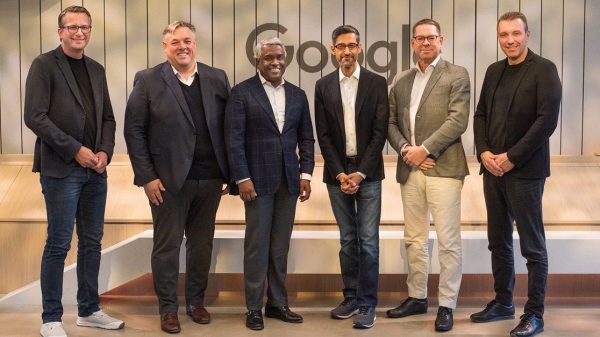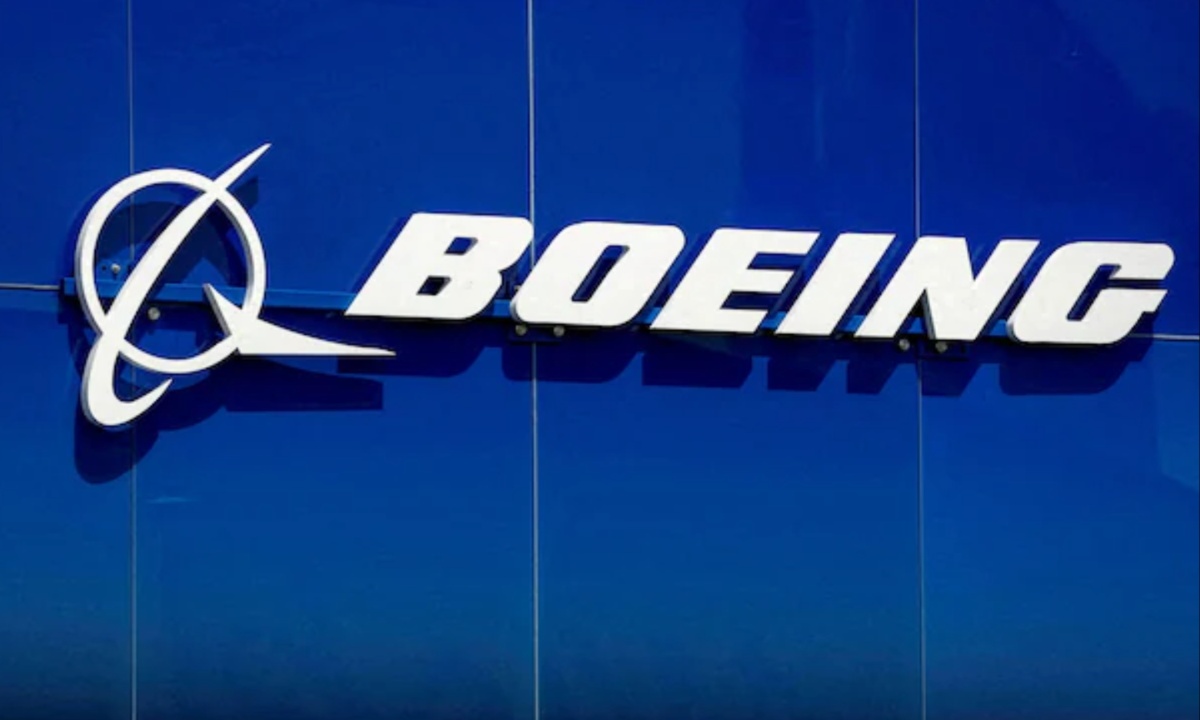Kelly Ortberg, Boeing’s recently appointed CEO, faces immense challenges as he steps into leadership amidst a significant crisis. His tenure began with an attempt to resolve a costly machinists’ strike that halted production and compounded Boeing’s financial strain.
Despite initial optimism, the union overwhelmingly rejected Boeing’s latest contract offer, prolonging a strike that costs the company an estimated $50 million per day. This dispute adds to the recent years of turbulence at Boeing, marked by fatal crashes, legal issues, quality control failures, and a pandemic that devastated the aviation industry.
Boeing’s crises have been relentless, leading some analysts to liken the company’s issues to the mythological Hydra, where resolving one problem gives rise to others. The manufacturer’s importance to global air travel underscores the urgency of solving these issues; Boeing, alongside Airbus, supplies the majority of the world’s commercial aircraft. Yet, the company’s troubles—from safety lapses to production delays—threaten its long-term viability, as customers and investors grow increasingly frustrated.
Ortberg, a seasoned engineer and former CEO of Rockwell Collins, has made it clear that his goal is to steer Boeing back to stability and regain its industry leadership. He has committed to rebuilding trust by prioritizing safety, workforce morale, and customer satisfaction, even if it means scaling back production temporarily.
This approach contrasts sharply with the strategies of his predecessors, who focused heavily on cost-cutting and short-term profits at the expense of engineering rigor, leading to a strained corporate culture and quality issues that continue to haunt Boeing.

New Boeing CEO Kelly Ortberg Faces High-Stakes Test Amid Financial Crises and Cultural Reforms
The roots of Boeing’s culture shift trace back to its 1997 merger with McDonnell Douglas, after which financial priorities began to overshadow engineering values. Under CEOs like Jim McNerney, this emphasis on profitability drove aggressive cost-cutting measures, creating a rift between leadership and workers.
As a result, many employees feel the company compromised safety and product quality to satisfy financial targets, and Ortberg is tasked with mending this relationship and fostering a culture where quality and safety take precedence.
The grounding of Boeing’s 737 Max in 2019 due to fatal crashes dealt a severe blow to both the company’s finances and reputation. Investigations revealed that faulty sensors and inadequate safety oversight contributed to the accidents, leading to a nearly two-year grounding.
Though the aircraft has since been reapproved, recurring manufacturing issues, like a door panel detachment, have further eroded trust in Boeing’s quality control practices. Boeing’s reputation, particularly with regulatory bodies and customers, will need considerable rebuilding to restore confidence in its safety standards.
Aside from commercial aircraft, Boeing’s defense and space divisions are also struggling. The company has incurred substantial losses on several fixed-price military contracts and faced operational setbacks, such as delays with its Starliner spacecraft, which left astronauts stranded on the International Space Station. These setbacks, coupled with the commercial challenges, have resulted in years of financial losses for Boeing, leaving it in a precarious position that demands comprehensive reform.
Ortberg has begun taking steps to address these deep-seated issues, including relocating to Seattle to be closer to Boeing’s factories and workforce, signaling his commitment to hands-on leadership.
This move has received praise from industry leaders, who see it as a crucial first step in reconnecting Boeing’s leadership with its engineering and manufacturing roots. However, Ortberg’s ability to transform Boeing’s culture and operational standards will be critical to ensuring that the company not only resolves its current crises but emerges stronger in the long run.









































